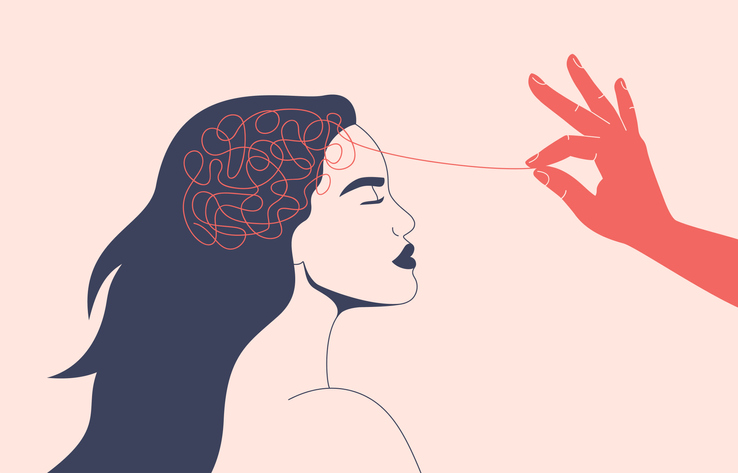Mental health conditions affect many people in the United States, and medications are often part of their treatment. It’s important to understand how certain medications may interact with other substances, including CBD, to ensure safe use.
Lexapro, also known as escitalopram, is a prescription medication that may be used to manage symptoms of anxiety and depression under the guidance of a healthcare provider. Generalized Anxiety Disorder (GAD) affects an estimated 6.8 million adults in the U.S., making medications like Lexapro a common part of treatment plans.
While Lexapro is commonly prescribed, some individuals explore other options, including CBD. However, CBD is not an approved treatment for anxiety or depression, and research into its effects is still ongoing.
If you’ve recently been prescribed Lexapro and are also using or considering CBD, it’s important to understand the potential for interactions. Speaking with a healthcare provider can help you make informed decisions.
What is Lexapro?
Escitalopram, sold under brand names such as Cipralex and Lexapro, is a prescription medication that may be prescribed to help manage depression and anxiety symptoms. Lexapro is a prescription medication that's typically taken daily. Dosages can vary based on symptom severity and various biological factors.
Lexapro belongs to a class of medications called selective serotonin reuptake inhibitors (SSRIs), which are often prescribed to manage symptoms of depression and anxiety.
Lexapro is believed to work by influencing serotonin activity in the brain, which may help manage certain symptoms of anxiety and depression. However, its exact mechanism of action is not fully understood.1
Combining CBD and Lexapro: What the Latest Research Says

There is limited research on how CBD may interact with Lexapro, but early findings suggest concerns. Some studies suggest that CBD may affect how Lexapro is metabolized. This can increase the concentration of the medication in the body. While no major adverse effects were reported in small studies, the long-term safety of combining the two remains unknown.2
Both substances can cause drowsiness, and using them together may increase this effect. Overlapping side effects could raise the risk of discomfort or impairment during daily activities.
Due to these unknowns, combining CBD with Lexapro is not recommended. Anyone considering changes to their treatment plan should consult a healthcare provider. They can help you discuss potential interactions and determine what’s safest for your situation.
Are You Considering Using CBD and Lexapro?
Combining cannabis with any substance or medication carries its own risks. Cannabis research is still in its earliest stages, and there is a lot that researchers still don't know. That leaves the door open for unexpected interactions with other substances. If you are considering combining cannabis with any other substance or medication, speak to your doctor for proper medical guidance.
Likewise, stopping the use of a prescribed medication can lead to unintended consequences. Many medications take time to build up in the body. Stopping suddenly can cause unpleasant and potentially serious or even fatal side effects. If you'd like to stop using or replace a medication, you need to follow the guidance of your medical provider to make any approved adjustments safely.
References
- Chu A, Wadhwa R. Selective Serotonin Reuptake Inhibitors. PubMed. Published May 1, 2023. https://www.ncbi.nlm.nih.gov/books/NBK554406/
↩︎ - Anderson LL, Doohan PT, Oldfield L, et al. Citalopram and Cannabidiol. Journal of Clinical Psychopharmacology. 2021;41(5):525-533. doi:https://doi.org/10.1097/jcp.0000000000001427 ↩︎
The information in this article and any included images or charts are for educational purposes only. This information is neither a substitute for, nor does it replace, professional legal advice or medical advice, diagnosis, or treatment. If you have any concerns or questions about laws, regulations, or your health, you should always consult with an attorney, physician or other licensed professional.




